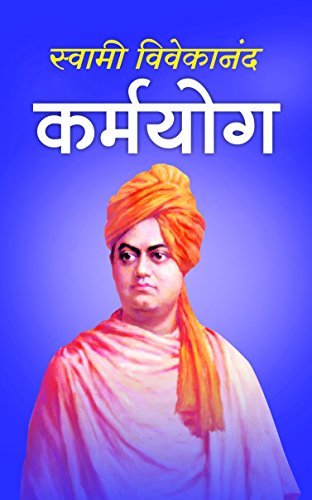What do you think?
Rate this book


134 pages, Kindle Edition
First published January 1, 1970
Watch a man do his most common actions; those are indeed the things which will tell you the real character of a great man. Great occasions rouse even the lowest of human beings to some kind of greatness, but he alone is the really great man whose character is great always, the same wherever he be (5).
Karma-Yoga, therefore, is a system of ethics and religion intended to attain freedom through unselfishness and by good works. The Karma-Yogi need not believe in any doctrine whatever. He may not believe even in God.... He has got his own special aim of realising selflessness; and he has to work it out himself. Every moment of his life must be realisation, because he has to solve by mere work, without the help of doctrine or theory, the very same problem to which the Jnani applies his reason and inspiration and the Bhakta his love (131-2).